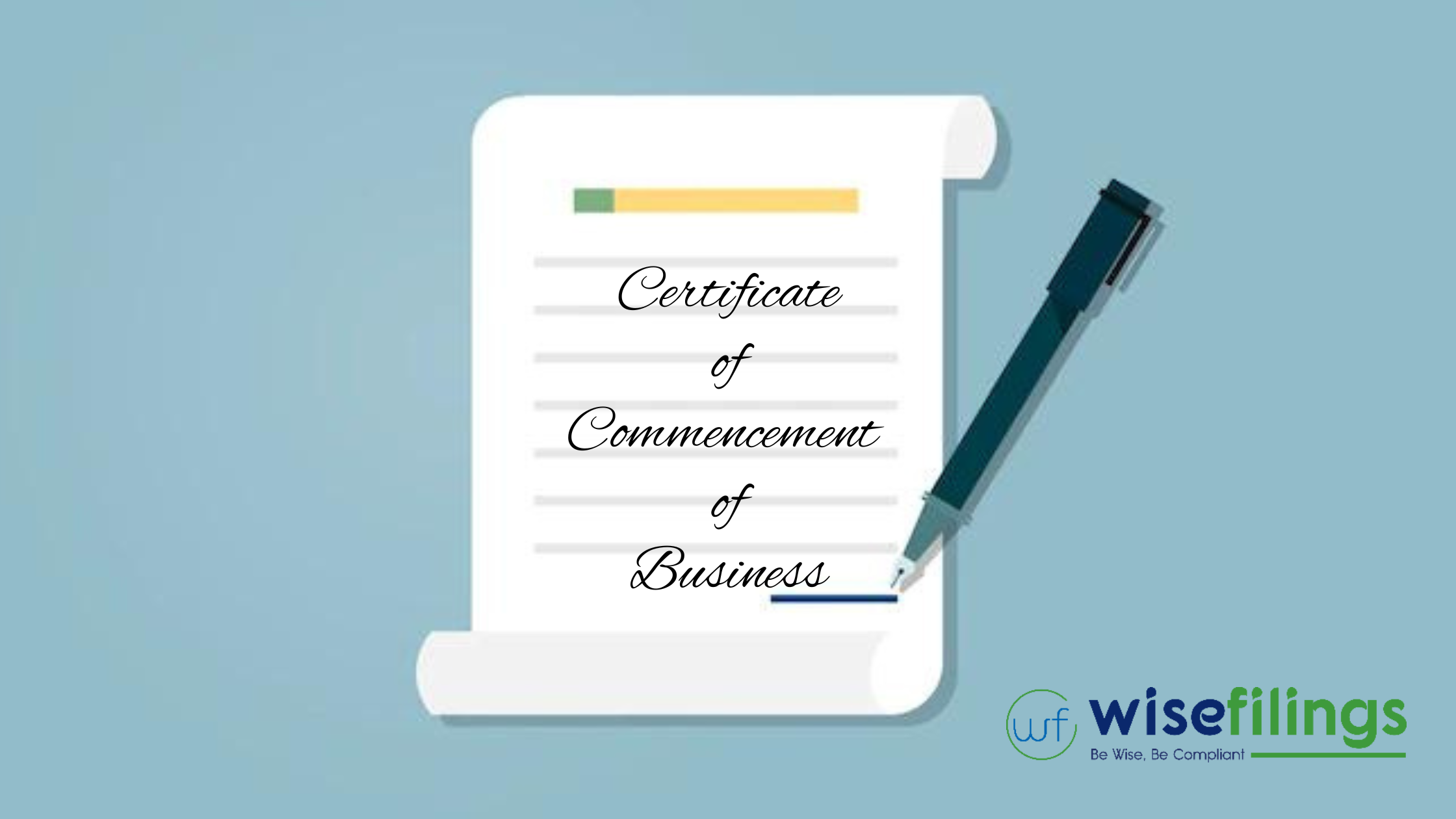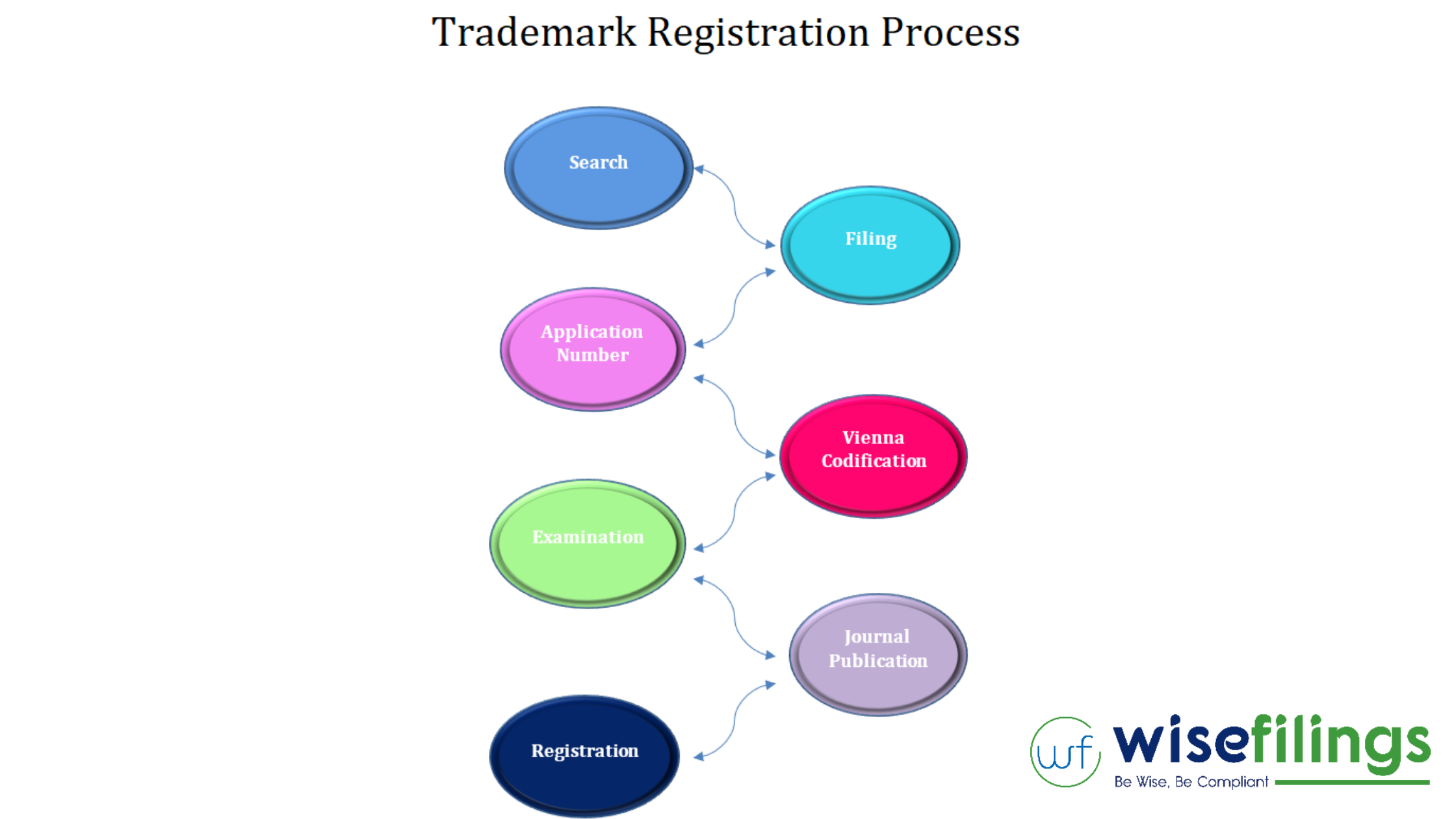Why Annual Compliances for Private Company Is Necessary

Why Annual Compliances for Private Company Is Necessary
Introduction
A private company is a business model that is owned by private ownership, and its shares are not sold publicly. It is controlled by the owners who are shareholders, and company is managed by board of directors.
And the entire private company, with all its activities, are controlled by the Ministry of Corporate Affairs through rules and regulations. One such is Company Act, 2013, which describes the rules and regulations for companies.
It regulates the incorporation, responsibilities and dissolution of a company, with roles and responsibilities of the company directors. This act has also described annual compliances for a private company that are mandatory for every company.
Annual Compliances
There are many compliances that are required to file by the private company. These are divided into two broad categories, annual and event-based.
In annual compliances, those compliances are listed, which are compulsory to file every year by a company. And in event-based compliances, the compliances need to be filed on only specific events. So, let’s have a look at them.
Mandatory Annual Compliances
Here in this section, all the compulsory annual compliances are described, which have to be filed in every financial year. They are,
- Board Meetings
After the incorporation of the private company, it is mandatory to hold the first board meeting within 30 days of incorporation. And afterwards, there must be a minimum of four board meetings in a year.
All the discussions and decisions of each board meeting need to be recorded, drafted and maintained at the registered office of the company.
Also, a notice should be sent to all the board members before at least seven days of the meeting stating the date and purpose of the meeting
- Filing Of Acknowledgement Of Interest By Directors
Director of every private company at the first meeting in which he gets designated as the director or at the first meeting of the board in every financial year or whenever there will be a variety in disclosures which shall be revealed in the Form MBP 1, his interest in any company, or any other organization, the same form has to be kept with the documents of the company.
- Auditor
All the private companies are required to appoint a statutory auditor within the next 30 days of the incorporation of the company.
- Annual General Meeting
It is compulsory to hold an annual general meeting of the shareholders and partners once every year within six months from the end of the financial year. In these meetings, financial statements, appointment or modification in the appointment of auditors, declaration of dividends, remuneration of directors and commissions are approved.
The meeting must be held on any day except any public holiday at the registered office of the company.
- Annual ROC Filings
Every year the private companies are required to file their annual financial statements and returns in which they have to disclose the details of the shareholders, directors and others to the companies registrar.
There are two forms that needed to be filed,
First is Form MGT – 7, which is filed for annual returns and must be filed within two months of the annual general meeting.
Second is Form AOC – 4, which is filed for financial statements and must be filed within one month along with the balance sheet and the statement of profit and loss account and the director’s report.
- Income Tax Compliances
For every private company, some income tax compliances are necessary to file. They include quarterly payment of the advance tax, filing of the Income Tax Returns, Tax Audit compulsory of the companies that have a turnover more than Rs. 1 crore in the preceding relevant year to the AY and the filing of the Tax Audit report.
- Director’s Report
Every year the director of the company has to disclose the details about the directorship in the company. And for this, a written declaration can be given.
- DIN E – KYC
According to the new changes by the Ministry of Corporate Affairs, now for every director of a company is mandatory to file his DIN e – KYC with the Form DIR – 3 every year in order to make his DIN activated.
These are some of the mandatory annual compliances for any private company.
Event-Based Compliances
These compliances are required to file only one occurrence of some specific events that are as follows,
- If there is any change in the registered office, then Form INC – 22 has to be filed within 15 days after such change.
- If there is a change in directors or KMP, then Form DIR – 12 has to be filed within one month of such change.
- If there is an increase in authorized share capital, then Form SH – 7 within one month of the passing ordinary resolution has to be filed.
- For filing of resolution and agreements, Form MGT – 14 has to be filed within 30 days of the date of passing the resolution.
- If there is an increase in Paid-up share capital, then Form PAS – 3 is required to be filed within 15 days from the allotment date.
- If there is a change in secured borrowing, then Form CHG – 1 has to be filed with all types of charges within one month of creation.
- For declaration of Commencement of Business Form INC – 20A is needed to be filed within 180 days of the date of incorporation of the private company.
These are the main compliances for a private company in which some are mandatory on an annual basis, and some are event-based.
Consquences Of Non – Filing of Compliances
If, whether intentionally or unintentionally, compliances are not filed on time, then the private company and the respective officers shall be guilty with a fine for the period for which default remains. And with time, these penalties will keep on increasing.
Benefits Of Filing Compliances
If non – filing of compliances can lead to penalties, then their filing has some benefits too, and they are important to discuss too.
Filing compliances on time is helpful in establishing the credibility of a company. It also invites investors and maintains the active state of the company as well as directors.
So filing compliances can not only prevent you from any punishments but also contributes to the development of the private company.
Wise Conclusion
In this article, we have discussed the mandatory annual and event-based compliances, which are necessary to be filed on time. This will ensure the active status of the private company and the directors and is very beneficial for the company in many other aspects.
We at wise filings make sure to help you in being compliant at minimal cost
https://www.wisefilings.com/annual-return-of-a-private-limited-company-opc/
Recommendation to Read:
Five Points You Must Know Before Starting A Private Limited Company
https://www.wisefilings.com/five-points-you-must-know-before-starting-a-private-limited-company/



